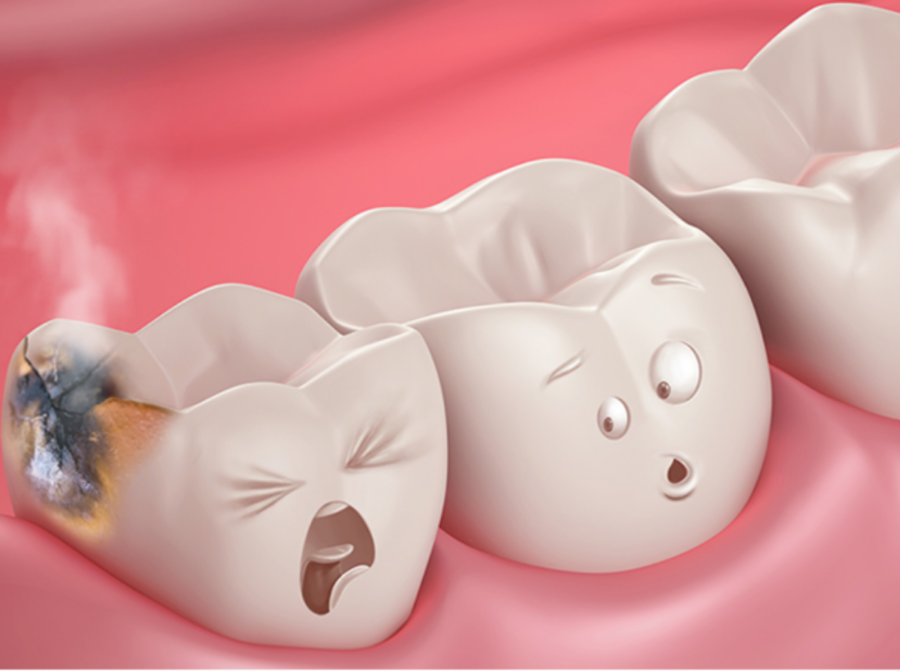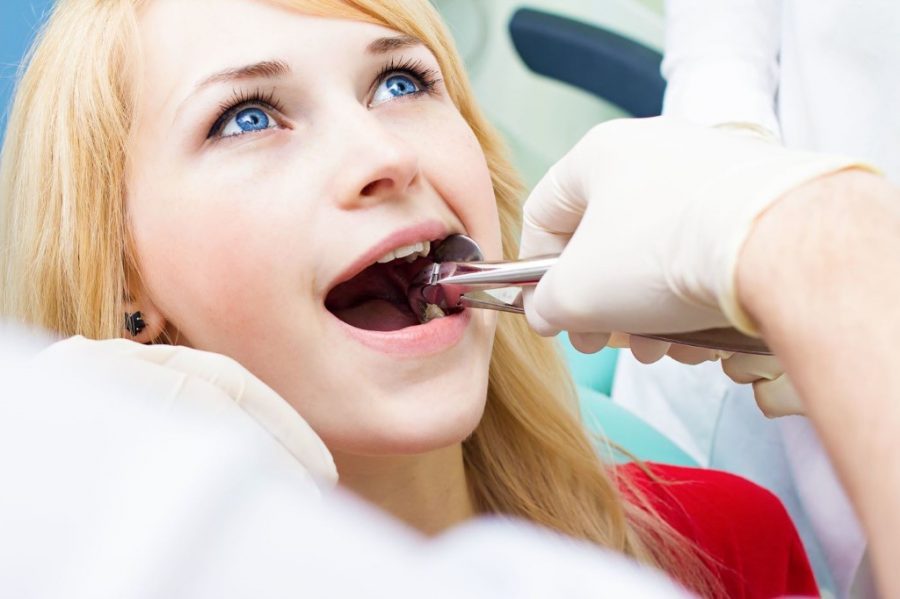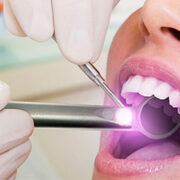When you think of tooth decay, you probably envision a tooth with a hole in it and plaque or tartar build-up. But what does irreparable mean when it comes to tooth decay? It means that at this point, the decay has progressed so far that the only options to save your tooth are root canal therapy or extraction. Even if the decay is caught early, once the pulp (nerve) has been exposed to bacteria and begins to die, there is nothing that can be done to reverse the damage. That being said, there is no one point at which permanent damage becomes irreversible; rather, it’s a continuum based on the location and severity of caries (destruction of dental hard tissues).
For example, if caries is limited only to the enamel and has not yet reached dentin or pulp, then treatment may still be effective. If they have extended into dentin but haven’t yet reached pulp chambers and blood vessels feeding them – again, treatment may still be successful.

What can you do to prevent irreversible Tooth Decay?
The most substantial way to prevent irreversible tooth decay is by practicing proper oral hygiene. Most of us know that brushing our teeth regularly is important, but we might not understand why. Brushing removes the plaque that forms on teeth, which is the main cause of tooth decay. It also stimulates the gums, which promotes better blood flow to the areas around the teeth.
Avoid sugary foods and drinks: Sugar feeds bacteria and encourages plaque formation, which can lead to tooth decay. Limit snacks between meals to prevent spikes in blood sugar that can cause bacteria to grow more quickly
Drink fluoridated water and use fluoride toothpaste: Fluoride helps remineralize teeth, which reduces it.

Risk Factors for Irreversible Caries
The biggest risk factor for irreversible caries is poor oral hygiene practices. Other risk factors include a poor diet, lack of regular dental check-ups, and insufficient fluoride in the diet.
Diet: If you eat a lot of sugary foods and don’t drink enough water, you are setting yourself up for irreversible dental caries. The high amount of sugar in these foods creates an environment where plaque and bacteria can easily form on teeth and gums.
Oral Hygiene: Brushing regularly and flossing the teeth are important in preventing irreversible dental caries. However, many people do not do it regularly. If you are not brushing twice a day and flossing, then irreversible dental caries is a real possibility.
Dental Visits: Visiting the dentist for regular check-ups is important because the dentist can diagnose potential dental problems and help prevent tooth decay.
When can you expect a cavity becoming untreatable?
The time at which irreversible tooth decay sets in varies depending on the type and extent of caries present. The following factors can also impact the rate of irreversible tooth decay.
Food choices: The type of food you consume, as well as the frequency of consumption, play a role. The more often you indulge in sugary snacks and drinks, the faster the tooth decay will progress.

Protective factors: Brushing, flossing and visiting the dentist regularly help delay the progression of irreversible tooth decay. Other protective factors to consider include the use of fluoride toothpaste and mouthwash, limiting snacking between meals, and limiting daily sugar intake.
The severity of caries: The severity of caries also plays a role in determining when irreversible progresses.
For example, if only a few teeth have minor caries, it might take a long time for them to become irreparable. But, if a large number of teeth are heavily decayed, irreversible tooth decay might set in quickly. Extraction or root canal may be the only choice you have left!

Is the Tooth Decay treatable?
If you are experiencing tooth pain or notice that your teeth are sensitive to hot and cold, you should see a dentist. These signs can indicate that caries have progressed to the point that they are irreversible. Dentists can identify irreversible tooth decay via two methods.
Visual inspection: A dentist can examine your teeth and tell if they are decayed by looking at them. If they’re brownish in color, you have caries; if they’re dark brown, they’re decayed.
X-ray: A dental x-ray can reveal internal damage to the teeth and help the dentist plan appropriate treatment
The first thing: Why get a root canal treatment done after cavity?
Root canal is a procedure used to treat tooth infections which the tooth has to be put under pressure to prevent the infection from spreading. It is a simple procedure which doesn’t have any side effects and hence requires little anesthesia and comfort during the procedure.


After eradicating the infection from the tooth, a dental crown is placed over the area to protect the natural tooth from further damage. This is the gist of the Root Canal Treatment. Generally, people are less concerned when it comes to a dental treatment. Hence, most patients avoid getting dental treatment done and also feel that dental procedures are very expensive and time-consuming as multiple visits are required.
Dental Extraction
Dental extraction is the removal of teeth that have broken or have become diseased or infected to the point of being beyond repair. There are many types of tooth decay and infections that can cause teeth to become loose or fall out. Once a tooth has decayed to the point where it is loose, it can be very difficult to save it.
The first step in the extraction process is to numb the area of the mouth where the tooth is located. While this will not eliminate the pain that comes with having a tooth pulled, it will help you remain calm and prevent you from tensing up and making the process more difficult.
Conclusion
With proper oral hygiene, you can prevent irreversible tooth decay. The best way to prevent irreversible tooth decay is to maintain a healthy diet, practice daily brushing and flossing, and see your dentist for regular checkups. If you do notice symptoms of irreversible tooth decay, such as tooth sensitivity or pain, you should visit the dentist to receive treatment as soon as possible.






